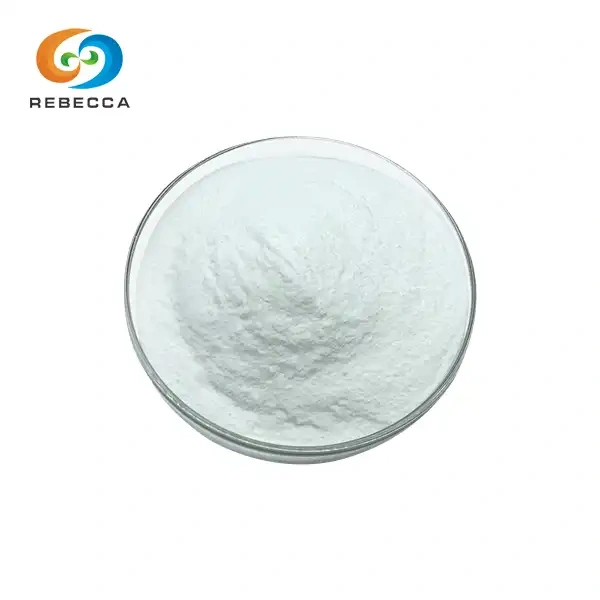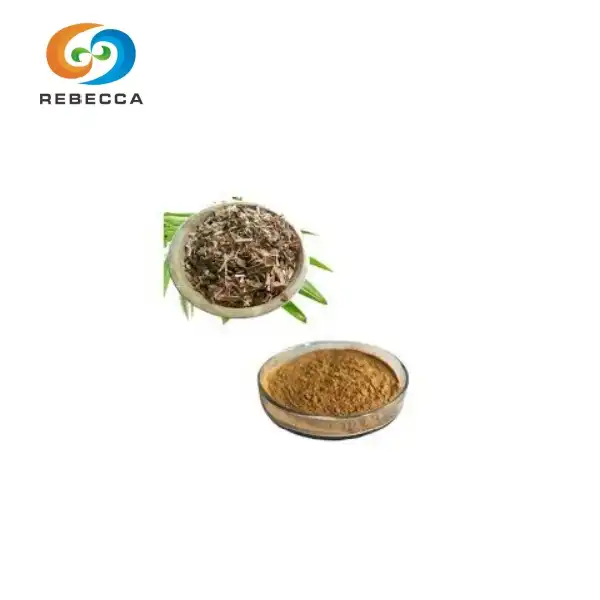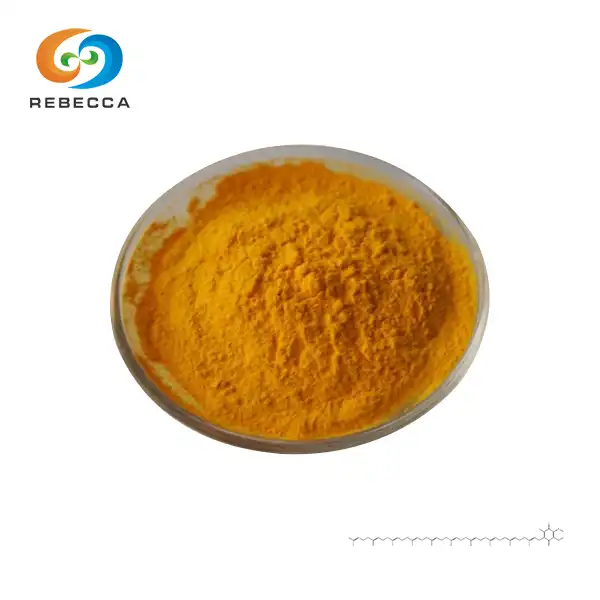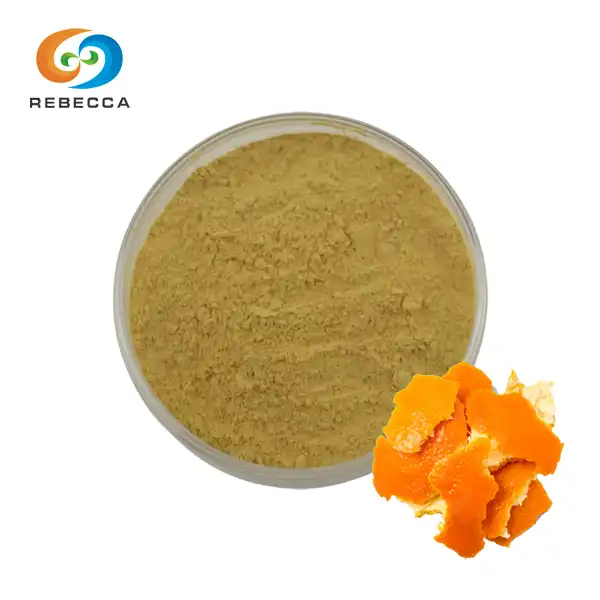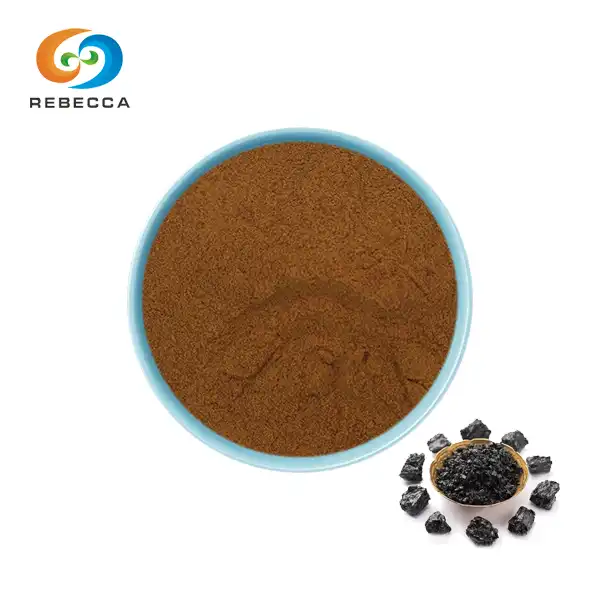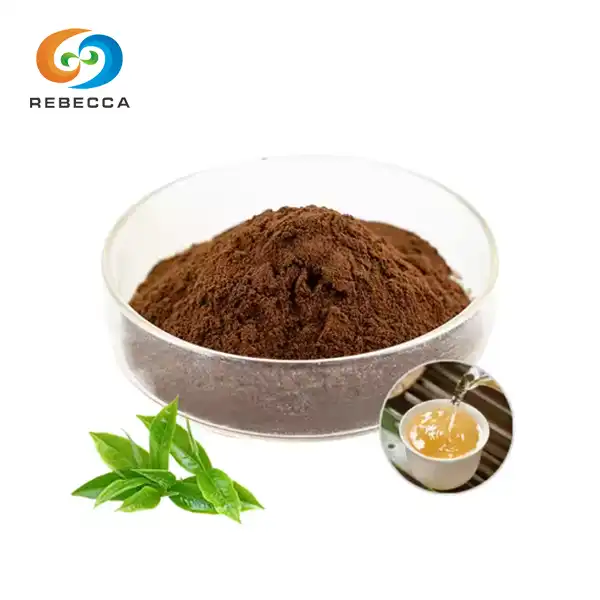Is it safe to take turmeric powder every day?
Turmeric, a vibrant yellow spice derived from the Curcuma longa plant, has been a staple in traditional medicine for centuries. With its rising popularity in the health and wellness world, many people are curious about incorporating turmeric powder into their daily routines. In this comprehensive guide, we'll explore the safety of daily turmeric consumption, its potential benefits, and how to choose the best turmeric powder for your health needs.

Top Benefits of Taking Turmeric Powder Daily
Consuming turmeric powder regularly can offer numerous health advantages, thanks to its active compound, curcumin. Here are some of the most notable benefits:
Powerful Anti-Inflammatory Properties
Curcumin, the primary active ingredient in turmeric, boasts potent anti-inflammatory effects. Chronic inflammation is linked to various health issues, including heart disease and neurodegenerative conditions. By incorporating turmeric into your daily routine, you may help combat inflammation and potentially reduce your risk of developing these chronic diseases.
Antioxidant Boost
Turmeric is rich in antioxidants, which help protect your body from free radical damage. These unstable molecules can cause oxidative stress, leading to cellular damage and accelerated aging. Regular consumption of turmeric powder can enhance your body's natural antioxidant defenses, promoting overall health and longevity.
Improved Brain Function
Research suggests that curcumin may boost levels of brain-derived neurotrophic factor (BDNF), a growth hormone that functions in the brain. Higher BDNF levels are associated with improved cognitive function and a reduced risk of brain disorders. Daily turmeric intake might support brain health and potentially lower the risk of age-related cognitive decline.
Enhanced Digestive Health
The best turmeric powder has been used for centuries to aid digestion. It can help stimulate bile production, which is essential for breaking down dietary fats. Additionally, its anti-inflammatory properties may alleviate symptoms of digestive disorders such as irritable bowel syndrome (IBS) and ulcerative colitis.

How to Choose the Best Turmeric Powder for Health?
To maximize the health benefits of turmeric powder, it's crucial to select a high-quality product. Here are some factors to consider when choosing turmeric powder:
Organic Certification
Opt for organic turmeric powder to avoid exposure to harmful pesticides and chemicals. Organic certification ensures that the turmeric is grown without synthetic fertilizers or pesticides, resulting in a purer and potentially more potent product.
Curcumin Content
Look for turmeric powder with a high curcumin concentration. Some products may specify the percentage of curcumin on the label. A higher curcumin content generally indicates a more potent and effective product.
Piperine or Black Pepper Extract
Curcumin is poorly absorbed by the body on its own. However, piperine, a compound found in black pepper, can significantly enhance curcumin absorption. Choose a turmeric powder that includes black pepper extract or piperine to improve bioavailability.
Processing Method
Consider the processing method used to create the turmeric powder. Cold-pressed or raw turmeric powders may retain more of their natural compounds and enzymes compared to those processed at high temperatures.
Third-Party Testing
Choose products that are third-party tested for quality and purity. This guarantees that the turmeric powder is free from contaminants and accurately reflects the potency claims, ensuring you get a safe and effective product. Third-party testing provides an added layer of trust and transparency for consumers.

Potential Side Effects of Daily Turmeric Consumption
While turmeric is generally safe for most people when consumed in moderate amounts, there are some potential side effects to be aware of, especially with daily use:
Gastrointestinal Issues
Consuming large amounts of turmeric may cause digestive issues like nausea, diarrhea, or stomach upset in some individuals. To minimize these effects, start with small doses and gradually increase the amount. This approach allows you to assess your tolerance and avoid any potential discomfort while enjoying the benefits of turmeric.
Blood-Thinning Effects
Curcumin has natural blood-thinning properties. While this can be beneficial for some, it may increase the risk of bleeding in individuals taking blood-thinning medications or those with bleeding disorders. Consult your healthcare provider before adding turmeric to your daily routine if you have any concerns.
Gallbladder Complications
Turmeric may cause the gallbladder to contract, potentially exacerbating symptoms in individuals with gallstones or bile duct obstructions. If you have gallbladder issues, speak with your doctor before incorporating daily turmeric consumption.
Lowered Blood Sugar Levels
Turmeric may have a mild blood sugar-lowering effect. While this can be beneficial for many, individuals with diabetes should monitor their blood sugar levels closely when adding turmeric to their daily regimen.
Allergic Reactions
Although rare, some people may be allergic to turmeric. If you experience symptoms such as rash, itching, or difficulty breathing after consuming turmeric, discontinue use and seek medical attention.

Conclusion
In conclusion, taking the best turmeric powder daily can be safe and beneficial for most people when consumed in appropriate amounts. However, it's essential to choose a high-quality product and be aware of potential side effects. As with any dietary supplement, it's wise to consult with a healthcare professional before adding turmeric to your daily routine, especially if you have pre-existing health conditions or are taking medications.
For more information about high-quality turmeric powder and other natural herbal extracts, please contact us at information@sxrebecca.com. Our team of experts is ready to assist you in finding the perfect turmeric product to support your health and wellness goals.
References
1. Hewlings, S. J., & Kalman, D. S. (2017). Curcumin: A Review of Its Effects on Human Health. Foods, 6(10), 92.
2. Daily, J. W., Yang, M., & Park, S. (2016). Efficacy of Turmeric Extracts and Curcumin for Alleviating the Symptoms of Joint Arthritis: A Systematic Review and Meta-Analysis of Randomized Clinical Trials. Journal of Medicinal Food, 19(8), 717-729.
3. Prasad, S., & Aggarwal, B. B. (2011). Turmeric, the Golden Spice: From Traditional Medicine to Modern Medicine. In Herbal Medicine: Biomolecular and Clinical Aspects. 2nd edition. CRC Press/Taylor & Francis.
4. Gupta, S. C., Patchva, S., & Aggarwal, B. B. (2013). Therapeutic Roles of Curcumin: Lessons Learned from Clinical Trials. The AAPS Journal, 15(1), 195-218.
5. Tayyem, R. F., Heath, D. D., Al-Delaimy, W. K., & Rock, C. L. (2006). Curcumin content of turmeric and curry powders. Nutrition and Cancer, 55(2), 126-131.
_1730691017423.webp)











_1735529080429.webp)
